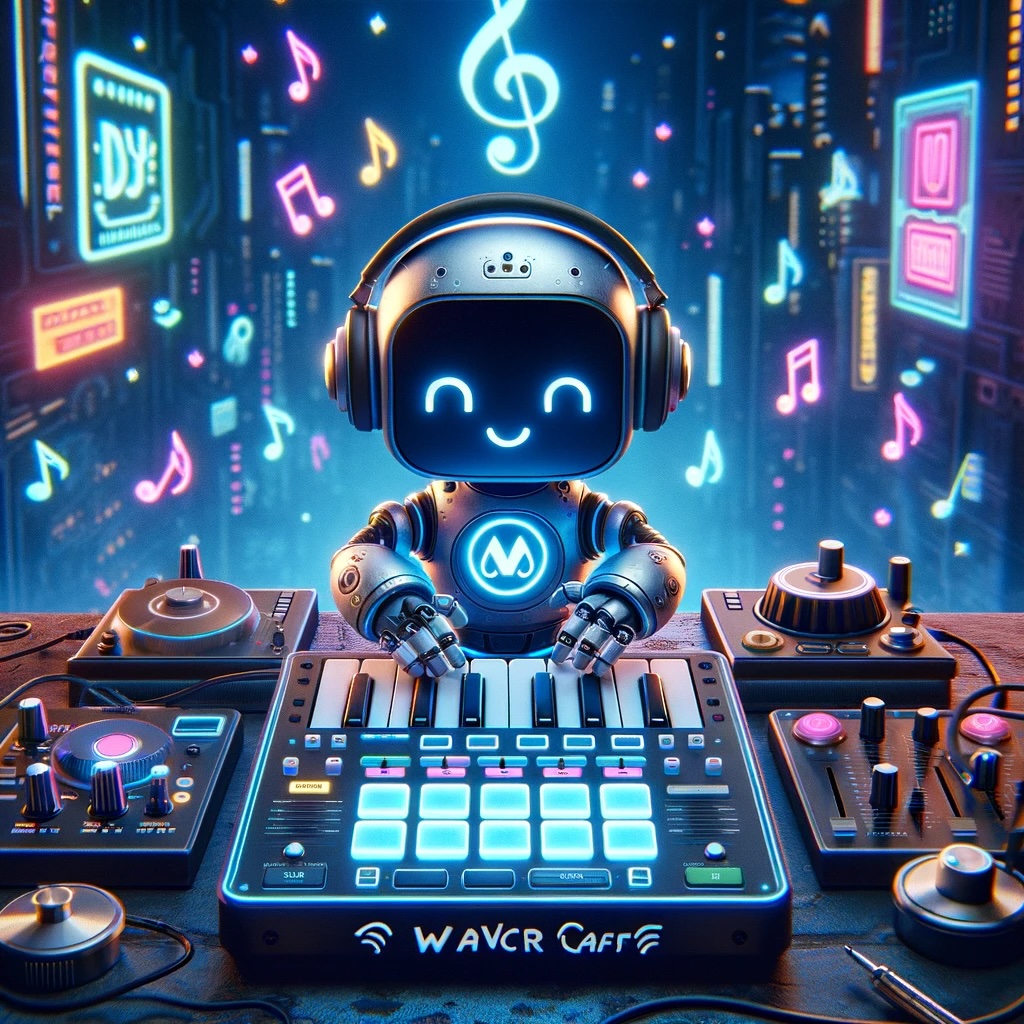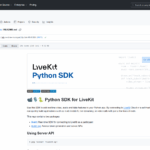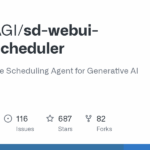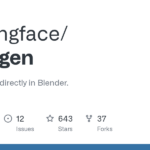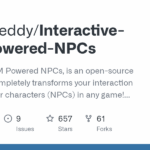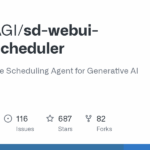WavCraft
Basic Information
WavCraft is an LLM-driven system for audio content creation and editing that connects large language models with audio expert models and DSP functions. The repository provides tools to perform text-guided audio editing of existing clips, generate new audio from textual prompts, and produce audio-aware scriptwriting where the model writes scenes and generates corresponding sounds. It includes command-line entry points and an interactive chat mode for iterative editing and supports watermarking so outputs can be identified as produced or modified by WavCraft. The project supplies environment setup and service launch scripts to run deep learning components locally and accepts OpenAI and Hugging Face credentials for model access. The codebase is provided for research purposes and includes a mandatory watermarking disclaimer.

